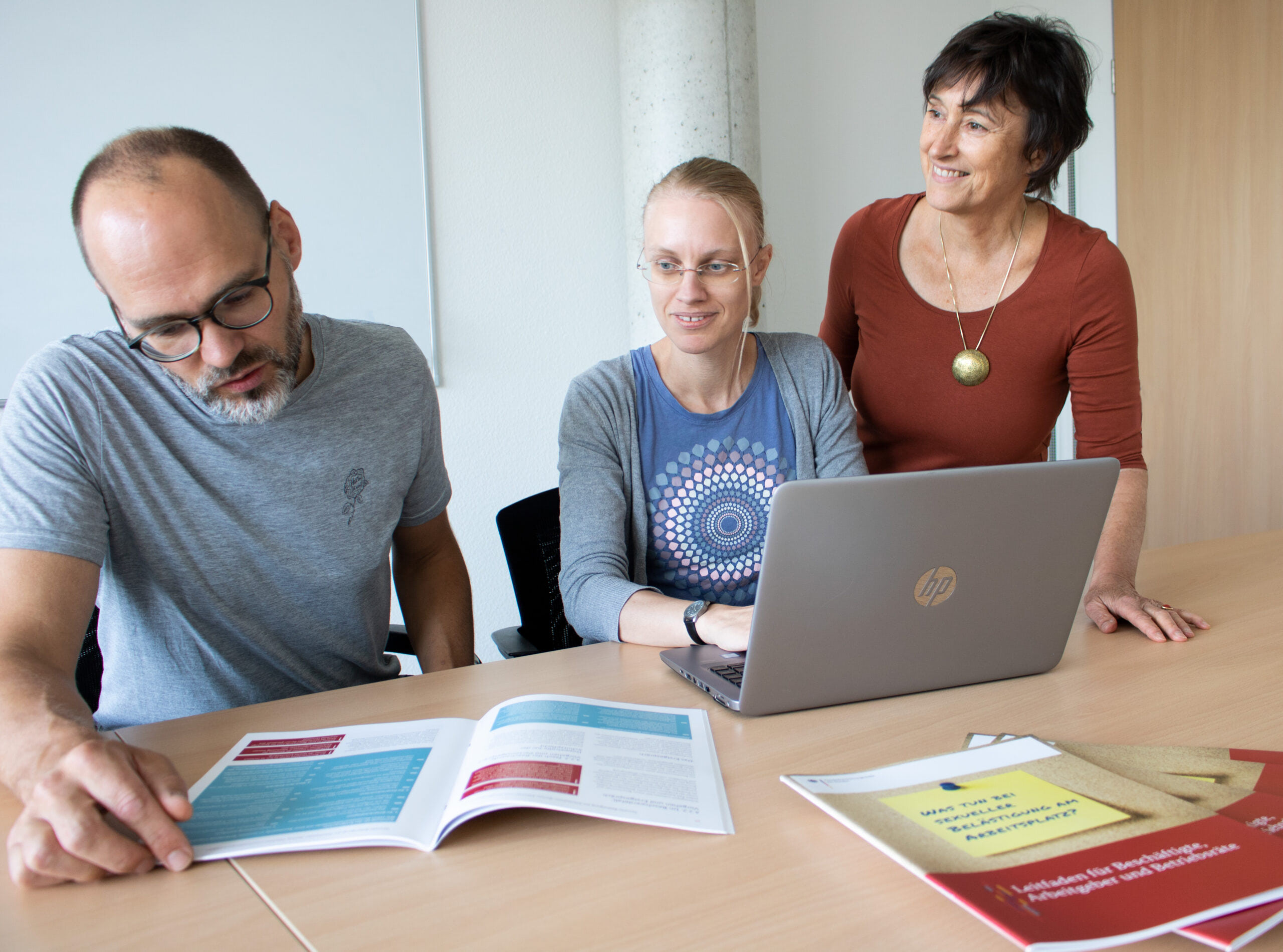Harassment has no place in a ResponsibleSteel-certified site: Jana Loos on ArcelorMittal Bremen’s zero tolerance for harassment
Harassment has no place in a ResponsibleSteel-certified site: Jana Loos on ArcelorMittal Bremen’s zero tolerance for harassment
Harassment has no place in a ResponsibleSteel-certified site: Jana Loos on ArcelorMittal Bremen’s zero tolerance for harassment

ArcelorMittal Bremen in Germany was one of the first sites to become certified against the ResponsibleSteel Standard. As part of the certification process, the site had to address issues involving workplace harassment which had been raised by several female employees. Jana Loos, leader and spokesperson for ArcelorMittal Bremen’s anti-harassment project explains how the site tackled these issues and why it is so important to be vigilant and help to empower and support those who might be at risk.
A female worker received feedback from her team leader: “I like how you told the whole team that you won’t continue to tolerate their sexist comments towards you. However, my wife would never have allowed this to happen in the first place.”
Oftentimes, sexual harassment in the workplace does not constitute an overt criminal offence but is more subtly pervasive. In many cases, clumsy communication crosses the boundaries of what is appropriate in a professional environment. Or it transforms a normal social situation into an awkward one – simply because of one word too much, one touch in the wrong place or too long a gaze.
A while back, several women working at ArcelorMittal Bremen’s steel factory had the courage to disclose their experiences and seek help. A group of health experts, working council members and labour union members found the official processes wanting and united to tackle the issue. Shortly after, ArcelorMittal Bremen founded a project group to implement the social management standards required to obtain certification against the ResponsibleSteel Standard. This was the deciding factor that gave the topic the significance it needed.
The ResponsibleSteel Standard includes requirements which ensure a site identifies any risks, takes the necessary action to address such risks, and monitors the outcomes to determine where improvement is needed. Principle 6 of the recently updated ResponsibleSteel International Standard V2.0 specifically aims to make sure that “certified sites respect the rights of workers and support worker well-being.” Certified sites make the commitment to uphold labour rights and human rights, including maintaining a zero-tolerance policy for workplace harassment. Furthermore, certified sites must have effective procedures in place to understand and address any concerns raised by workers or their representatives.
Now, a few years later, ArcelorMittal Bremen has a contact person and a broad communications campaign on harassment. Trainings on the topic are implemented at all levels – comprising a seminar for new apprentices, leadership training and an awareness guide for all employees.
However, the path has not been smooth. With female staff making up only 8.6% of the workforce, some employees do not understand and even ridicule the topic. One male employee commented: “I, for my part, would like to be harassed one day!” The project team often need to stand up to such uninformed or hostile attitudes and provide basic education around these issues. The most important aim is a respectful working environment. There is no need to slander a specific person for a rude comment. Instead, the project group focuses on the empowerment of women – their approach is to equip women with the knowledge and training they need to tackle harassment situations confidently as well as raise overall awareness of the situation.
Since the beginning of the project, a noticeable change has taken place. Sexual harassment is a topic that is being talked about – even by the management board during official staff meetings with around 1,000 attendants. The goal is not “zero cases reported” – because this does not equal “zero cases” in actuality. In an atmosphere of mutual respect and encouragement, people experiencing harassment will have the courage to speak up and talk about their experiences. Therefore, the goal must be “as many cases reported as possible”.
We encourage any other organization to walk a similar path and provide their staff with all they need to tackle harassment situations. We firmly believe that this is a very important aspect of producing “responsible steel.”
By Jana Loos, Project Leader, ArcelorMittal Bremen
Please note: In the text, we only mention women being harassed by men, because this is the only constellation, we have come across so far in our organization, but we are fully aware that members of the LGTBQ+ community are exposed to similar harassment and of course, men might be harassed as well.


